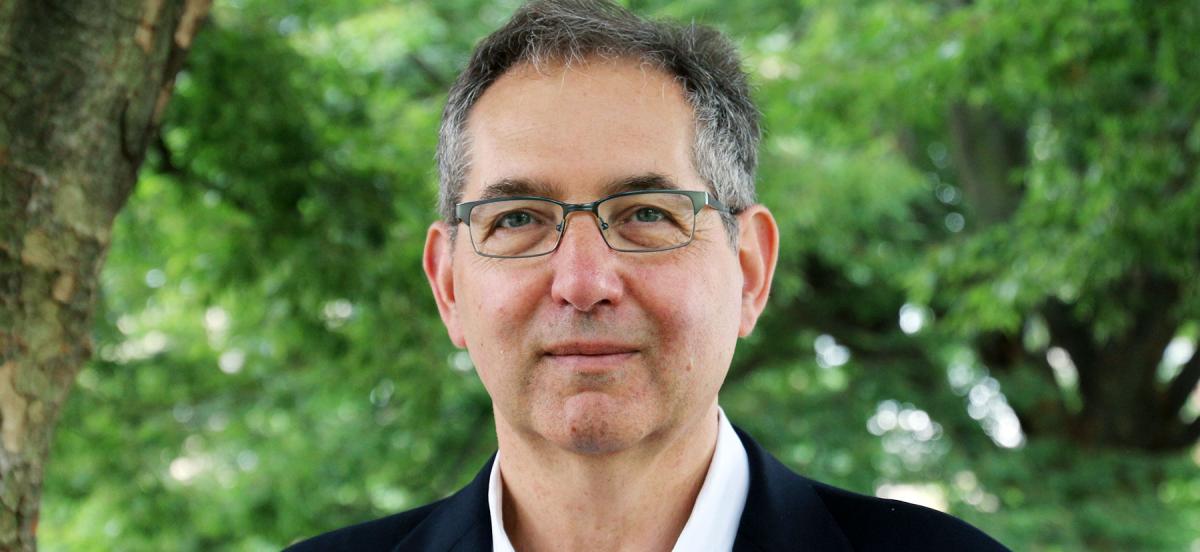Documenting Great Stories

Michael Rosenfeld '78, vice president of national production for Twin Cities Public Broadcasting, was previously president of National Geographic Television.
Details
Michael Rosenfeld ’78 is vice president of national production for Twin Cities Public Broadcasting. His latest project is the documentary Laura Ingalls Wilder: Prairie to Page, part of PBS's American Masters series.
Longtime film executive Michael Rosenfeld ’78 didn’t know much about Laura Ingalls Wilder when he was first approached to make a documentary about the author, whose popular “Little House” books trace her pioneer family’s adventures on the Midwest prairie in the1870s.
“I knew how important her books were to a lot of people, and I had a surface knowledge of the story,” says Rosenfeld, who’s vice president of national production for Twin Cities Public Broadcasting. So when producers from the American Masters series approached Rosenfeld, he was intrigued. (Twin Cities PBS is one of several PBS stations that make films for national distribution.) “I learned more, and it quickly became clear that it’s a great story.”
Laura Ingalls Wilder: Prairie to Page debuted at the end of December (co-produced by WNET in New York) and features meticulous research on the author, from details on prairie life that Wilder’s books omitted to discussions on racist depictions in her works. “Recent scholarship suggested there was much more to the story than was commonly known,” Rosenfeld says. “If you tell a great story about something iconic but unfamiliar, that often resonates with an audience.”
It’s a far cry from Rosenfeld’s previous work, which ranges from the Emmy-nominated PBS documentary Going to War— a raw look at war from the viewpoint of veterans—to the PBS science series Your Inner Fish, which examines human evolution.
“I’m in the fortunate position where the heart of my job is to find ideas and pursue them,” says Rosenfeld, who worked at National Geographic Television as a writer and executive producer from 1985-2006, then served as president from 2006-2011.
“You search for great characters to take you through a story, along with experts who have a real passion for communication in science and other fields,” he says. “That’s what I’ve done throughout my career.”
Rosenfeld, who’s based in Washington, D.C., says he had “some classic National Geographic experiences.” He recounts a month spent in Indonesian Borneo with an anthropologist as a guide, documenting the ritual of secondary burial among an Indigenous group called the Dayak. “They bury the body but only temporarily, and after a year or more they dig it up, and perform a series of rituals to get the person’s spirit to the afterlife. It was fascinating and deeply human.”
At Twin Cities PBS, he’s spent the past four years overseeing programs the station makes for the national system of 300-plus PBS stations. “I dream up ideas, or filmmakers bring me ideas, or the network suggests them, and once they get the green light, I oversee them, editorially and financially.”
“You get to spend a year or sometimes longer immersed in these projects, and that’s part of the fun,” he says. “With films there’s also an alchemy of talents that come together, and that’s the joy of documentaries. You can be entirely surprised by what you get from the encounters with characters in the field. The results can be absolutely wonderful.”



